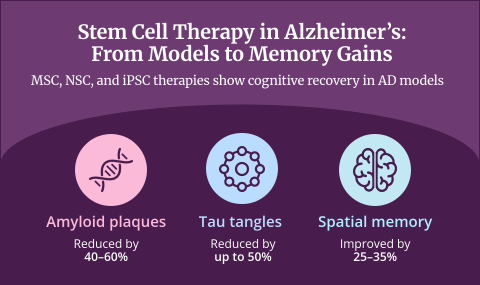
Association Between Stimulant Medication Use in Attention-Deficit/Hyperactivity Disorder (ADHD) and the Increased Risk of Upper Respiratory Tract Infections: A Retrospective Study - PubMed
Source : https://pubmed.ncbi.nlm.nih.gov/40970055/
Introduction Attention-deficit/hyperactivity disorder (ADHD) is a common neurodevelopmental condition that can persist from childhood into adulthood. Stimulant medications such as methylphenidate and amphetamine derivatives are the mainstay of treatment, yet...
Retrospective analysis of nearly 3 million ADHD patients found stimulant use modestly increased upper respiratory infection risk. Mechanisms may involve sleep disruption, immune modulation, and reduced mucosal defenses, suggesting clinical implications for treatment.

Understanding the complex relationship between sleep and pain symptoms in people with chronic musculoskeletal pain - A pre-registered network analysis - PubMed
Source : https://pubmed.ncbi.nlm.nih.gov/40945639/
Although chronic musculoskeletal pain and sleep disturbances are often viewed as bi-directionally linked, intervention studies show only small effects of sleep-specific interventions on pain. This suggests a more complex relationship...
This pre-registered network analysis of 1,536 individuals with chronic musculoskeletal pain found weak associations between subjective sleep and pain variables, challenging assumptions of strong bidirectional links and explaining limited impact of sleep-focused interventions.

Sleep disorder assessment in children and adolescents with neurodevelopmental disorders - PubMed
Source : https://pubmed.ncbi.nlm.nih.gov/40907948/
Sleep disorders are more prevalent in children and adolescents with neurodevelopmental disorders. A thorough understanding of the most commonly associated sleep disturbances and the implementation of targeted diagnostic strategies are...
This review highlights frequent sleep disorders in children with neurodevelopmental conditions, detailing clinical characteristics and diagnostic strategies. Improved recognition and targeted assessment are essential for management and better long-term outcomes.

Psychological resilience as a mediator between sleep quality and mental well-being in patients with obstructive sleep apnea syndrome - PubMed
Source : https://pubmed.ncbi.nlm.nih.gov/40877995/
These findings suggest that psychological resilience plays an important role in the link between poor sleep quality and diminished mental well-being in individuals with OSAS. Interventions aimed at enhancing resilience...
This study highlights psychological resilience as a mediator linking poor sleep quality with reduced mental well-being in obstructive sleep apnea, suggesting resilience-focused interventions may improve psychological outcomes in affected patients.



